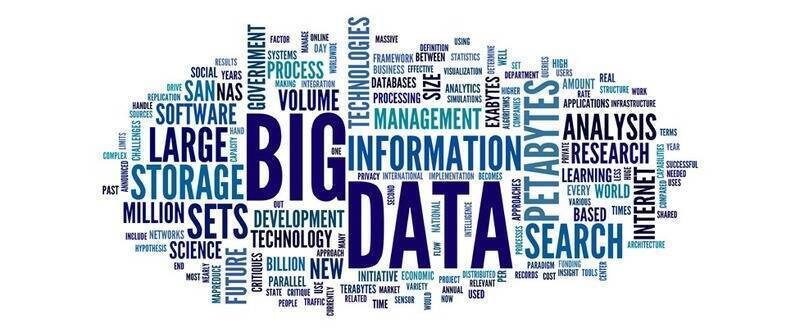In today's data-driven world, organizations face the monumental task of managing vast quantities of information. With over 2.5 quintillion bytes generated daily, understanding and overcoming the challenges associated with Big Data is essential for leveraging its potential.
What exactly is Big Data?
Big Data encompasses large, complex datasets that exceed the capabilities of traditional data processing tools. The five V's of Big Data—Volume, Velocity, Variety, Value, and Veracity—are pivotal in identifying the unique challenges in data management.
Latest Statistics on Big Data
- 300 billion emails are exchanged every day.
- Over 400 hours of video are uploaded to YouTube each minute.
- Global eCommerce revenues surpass $4 billion.
- Google processes 63,000 search inquiries every minute.
- By 2025, 25% of all data will be real-time.
Here’s a simplified and SEO-optimized version of your content, complete with a clear heading structure:
Overcoming Big Data Challenges and Key Solutions
In today’s digital landscape, businesses face significant challenges when managing Big Data. This post outlines common issues and effective solutions.
1. Managing Data Volume
Challenge: Organizations are overwhelmed by the vast amounts of data generated daily from IoT devices, social media, and transactions. Storing and processing this data efficiently is critical.
Solutions:
- Cloud Storage: Utilize scalable storage options that allow pay-as-you-go models for cost efficiency.
- Distributed Computing: Implement tools like Apache Hadoop and Spark for processing large datasets across clusters.
Data Integration: Tools like Apache NiFi and Informatica can help manage diverse data formats, while Data Lakes store both structured and unstructured data in one place.
2. Handling Data Velocity
Challenge: The rapid generation of data through IoT and analytics complicates real-time processing.
Solutions:
- Stream Processing: Use frameworks like Apache Kafka and Flink to process data in real time.
- Edge Computing: Perform computations closer to the data source to reduce latency.
3. Ensuring Data Quality
Challenge: Low-quality data leads to inaccurate analyses and poor business decisions.
Solutions:
- Data Governance: Establish frameworks to maintain data quality across the organization.
- Data Cleansing Tools: Implement tools like Trifacta and OpenRefine to identify and fix data errors.
Security Measures: Use encryption for sensitive data and tools like Okta and AWS IAM to control access. Monitor compliance with regulations using tools like OneTrust.
Also Read:
Best Databases for Beginners: A Guide to Get You Started
How AI is Changing the Job Market
4. Improving Scalability and Performance
Challenge: Big Data systems must scale efficiently to handle increasing data loads without degrading performance.
Solutions:
- Horizontal Scalability: Use systems like Hadoop and Cassandra to add servers easily.
- Optimization Techniques: Employ data partitioning, indexing, and query optimization for faster performance.
5. Bridging the Talent Gap
Challenge: The demand for skilled data professionals far exceeds supply.
Solutions:
- Training Programs: Upskill existing staff to fill talent gaps.
- Automation Tools: Implement AutoML tools like H2O.ai to simplify complex data analysis.
Effective Solutions
Leveraging Technology
Investments in technologies like:
- Hadoop for scalable storage.
- Apache Spark for fast data processing.
- NoSQL databases for flexible data handling.
Utilizing real-time analytics tools empowers organizations to make informed decisions quickly, enhancing operational efficiency.
Ensuring Data Validation
Validating data before its application helps maintain accuracy, supporting effective analysis and machine learning initiatives.
Also Read:
Best Databases for Beginners: A Guide to Get You Started
How AI is Changing the Job Market
Addressing Big Data challenges requires a strategic and informed approach. By embracing advanced technologies and implementing best practices, organizations can unlock the transformative potential of their data.
While the tools and techniques change, organizations are going to keep finding themselves ever more capable of dealing with the Big Data landscape-and through this process, they keep being agile and data-driven in this fast-moving world.
Hoping this information on Big Data challenges and their solution has been helpful to you. Please leave a comment below if you have any queries or need further clarification on the same




